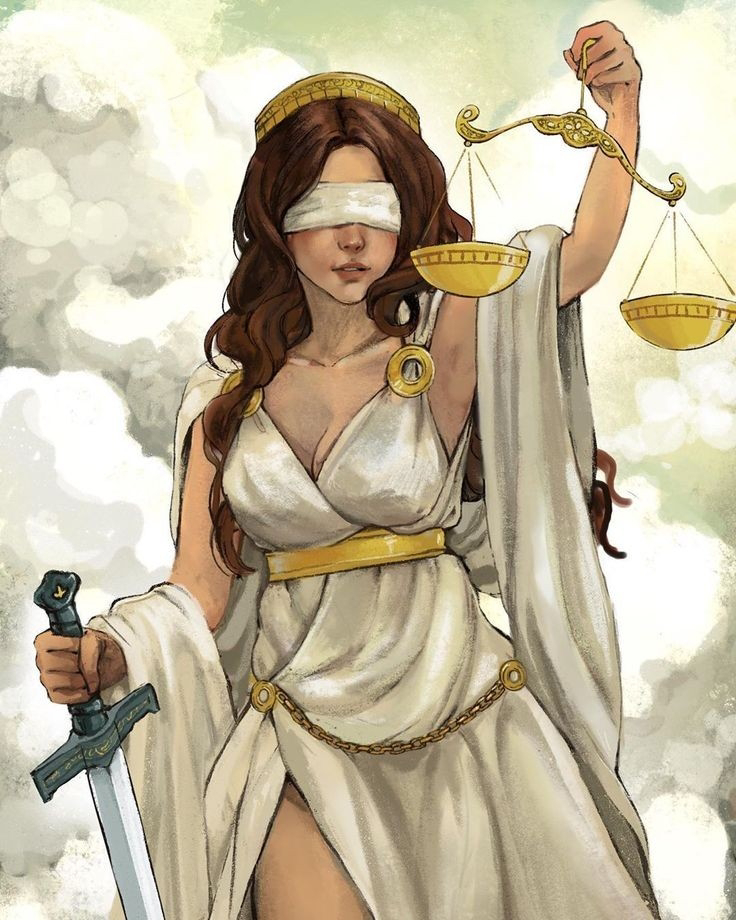Critical appreciation of John Galsworthy's "Justice" presented in points, with lines of a poem included:
1. **Introduction**
- "Justice," written by John Galsworthy in 1910, is a thought-provoking play that delves into the themes of the legal system, social justice, and morality.
- Galsworthy's work is a reflection on the flaws and complexities of the justice system in early 20th-century England.
2. **Character of Falder**
- The protagonist, William Falder, is a sympathetic character whose predicament drives the narrative.
- Falder's vulnerability and desperation are captured by the poem line: "He only earns his freedom and existence."
3. **The Legal System**
- Galsworthy offers a critical view of the legal system, highlighting its rigid and dehumanizing nature.
- The poem line "The cold machine of justice, grinding slow" aptly describes the bureaucratic nature of the legal proceedings.
4. **The Trial**
- The trial of William Falder is a central focus of the play, where the legal system's flaws become evident.
- The poem line "The letter of the law" underscores the inflexibility of the system, prioritizing rules over compassion.
5. **Culpability and Punishment**
- The play raises questions about culpability and punishment, as Falder's actions are not malicious but driven by desperation.
- The poem line "The black and white of justice" alludes to the stark contrast between right and wrong, ignoring the complexities of human motives.
6. **Ruth Honeywill**
- The character of Ruth Honeywill, who seduces Falder, adds depth to the exploration of morality.
- Her complexity is conveyed by the line "The world is wider than a world of right and wrong."
7. **The Theme of Forgiveness**
- Galsworthy challenges the conventional notions of justice by introducing the theme of forgiveness.
- The poem line "Mercy seasons justice" highlights the need for compassion within a rigid system.
8. **Prison and Punishment**
- The portrayal of life in prison and the treatment of prisoners reflects the harsh realities of the penal system.
- The poem line "Stone walls do not a prison make" emphasizes the emotional and psychological toll of incarceration.
9. **Falder's Redemption**
- Falder's journey towards redemption and self-realization is a central theme.
- The poem line "And all may be well" suggests the possibility of transformation and hope.
10. **Social Commentary**
- "Justice" serves as a commentary on the societal factors that push individuals like Falder to commit crimes.
- Galsworthy critiques the lack of support systems for those on the margins of society.
11. **Legal Reform**
- The play indirectly advocates for legal reform and a more compassionate approach to justice.
- The poem line "Justice is conscience" underscores the idea that justice should be guided by a moral compass.
12. **Criticism and Controversy**
- "Justice" was met with controversy upon its release due to its daring portrayal of the legal system and societal norms.
- Galsworthy's critique of the justice system sparked discussions about the need for reform.
13. **Legacy**
- John Galsworthy's "Justice" remains a relevant and thought-provoking work that continues to resonate with audiences.
- It serves as a reminder of the complexities of justice and the moral dilemmas inherent in legal systems.
14. **Conclusion**
- "Justice" by John Galsworthy is a powerful exploration of the legal system, morality, and the human condition.
- Through the character of William Falder and the intricacies of the trial, Galsworthy challenges our understanding of justice and invites us to reflect on the flaws within the system.
- The poem lines woven into the narrative add depth and resonance to the play's themes, emphasizing the need for compassion and reform within the pursuit of justice.
In conclusion, "Justice" remains a thought-provoking work that encourages us to question the rigidity of legal systems and the broader concept of justice in society. John Galsworthy's exploration of morality, forgiveness, and redemption continues to be relevant, reminding us of the importance of compassion within the pursuit of justice.







No comments:
Post a Comment